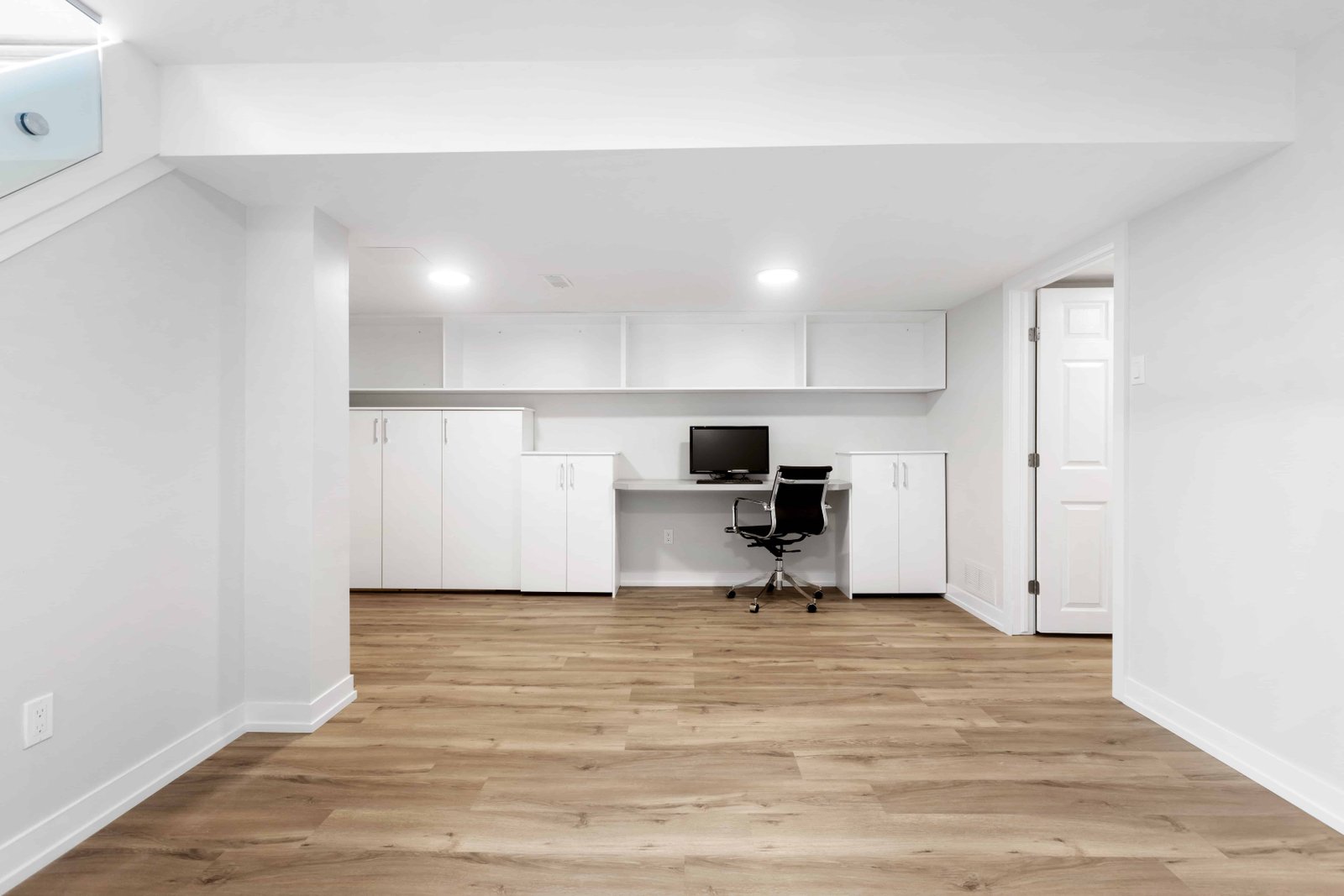Basement conversions are an great solution to create more space in your home. Especially if you live in an urban area where land can be expensive and you don’t particularly want to sacrifice part of your garden.
With the slowdown in the housing market, more of us are looking at ways to create extra space in our homes without having to move. If you are under the impression that all basement conversions require a mammoth project that will see you digging under your whole garden, think again. Many of the homes you find in the UK already have a basement and many of them are ideal for a basement extension.
Some key things to think about when thinking of extending into your basement are lighting and ventilation – both of which can be tricky and pricey when going underground. Clever design and careful planning will be crucial to make sure that these two elements are properly integrated into your project without breaking the bank.
The most affordable option to extend your home will be upwards and outwards. However, a basement extension is a perfect solution if you do not want to sacrifice a portion of your garden or if you have already extended into the loft and find that you still need additional space. Besides providing you with additional space, the right type of basement extension will also add considerable value to your home.
Before you start decide why you need to extend into your basement. What are you going to use this space for? Will it be a bedroom? An office? How would you like it to look? Having a clear brief will help you make clever and practical decision when budgeting and designing.

One of the biggest concerns when converting a basement is natural light. If the basement opens up into a garden for example, this will be less of a concern, but otherwise you will have to think how to bring some light in to make it a pleasing space. You may consider a well-positioned light well for example or a walk on window above.
You will also want to consider floor to ceiling height. You will want to have a minimum height of 2.7m but if you can, a bit more of headroom will always make an underground space more inviting.
We highly recommend you engage experts for this type of project if you want to achieve a great result. Hiring the right professionals could be the difference between an efficient basement and a spectacular one. A professional designer will be able to advise on lighting issues and how to connect the new space to the rest of your house in the best way. They will also be able to make it aesthetically pleasing.

Once the design is created by an architect or designer, you will need a structural engineer to look over your plans to make sure that they are feasible and that your structure is safe.
There are a number of design and construction essentials to think about before you submit your planning application. For example, bear in mind that you will need to consider a fire escape strategy which will need to be factored into the plans. Soil conditions and the water table also need to be properly investigated prior to any detailed design taking place. A clear waterproofing strategy has also to be implemented.
Your new basement may be below the level of the water table, and if this is the case, there are a number of methods of waterproofing available including external tanking to inner drained cavity lining. Check with your architect or contractor to see which is the most appropriate for you.
You will also need to install central heating or underfloor heating.
Think about informing your neighbours early in the game. Basement conversions can cause objections easily as there are many horror stories out there of things going wrong. The earlier you approach the subject the more time you have to prepare for any unforeseen objections.

While at some point in history you were able to execute basement conversions under Permitted Development, that is no longer the case. In many London boroughs, any subterranean development will require automatically formal consent. You can find out what you will need to do a basement conversion here.
When referring to the actual build, it is important you engage a contractor that specialises in basement conversions or one that has relevant experience, such as Dominant Construction.
In regards to budget, like with any construction project, we recommend you allocate an additional 10 per cent as a contingency fund.
A basement conversion is a big project so be prepared for it to span between 10 to 15 weeks. How long a conversion will take will depend on the size of the project. But an average job of 70-80 sq m will take around 12 weeks to excavate and 12 weeks to fit out. If you are thinking of creating a basement conversion for your home, a loft extension or any type of renovation project we at Dominant Construction would love to hear about it. Give us a call on 020 71186155 or make an appointment to come visit our office in Hammersmith. We are always happy to chat about construction.

